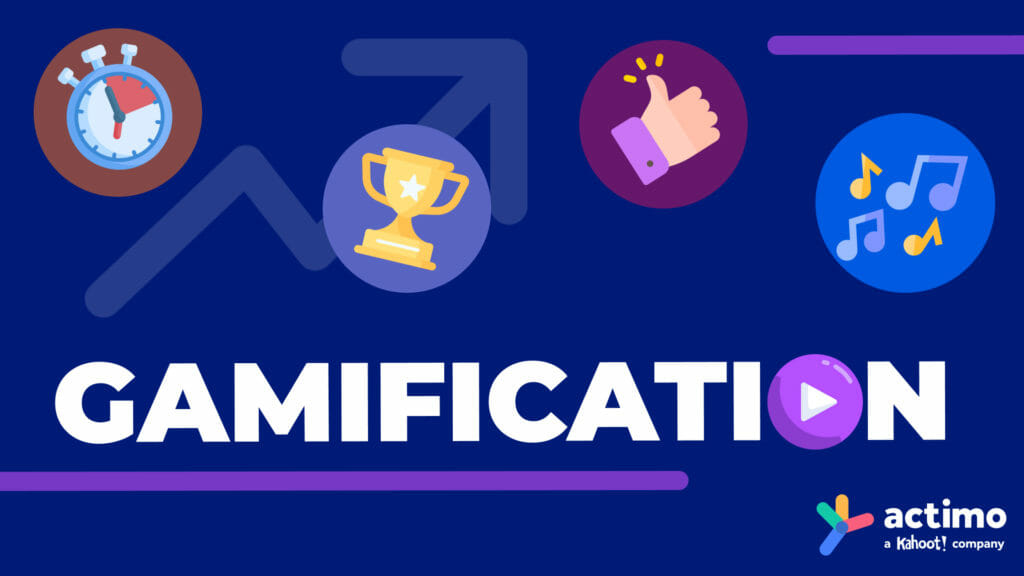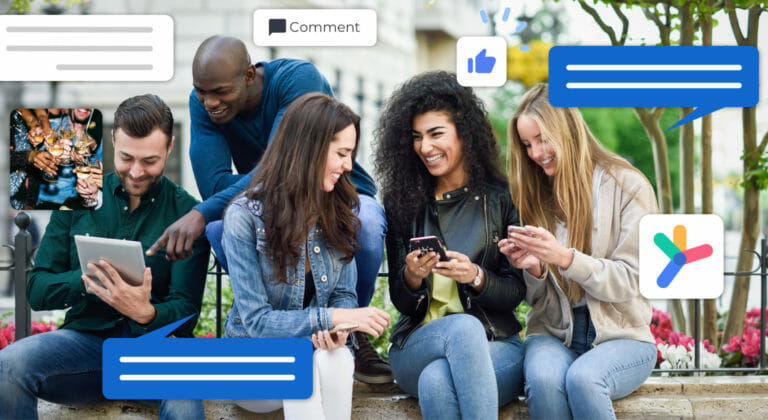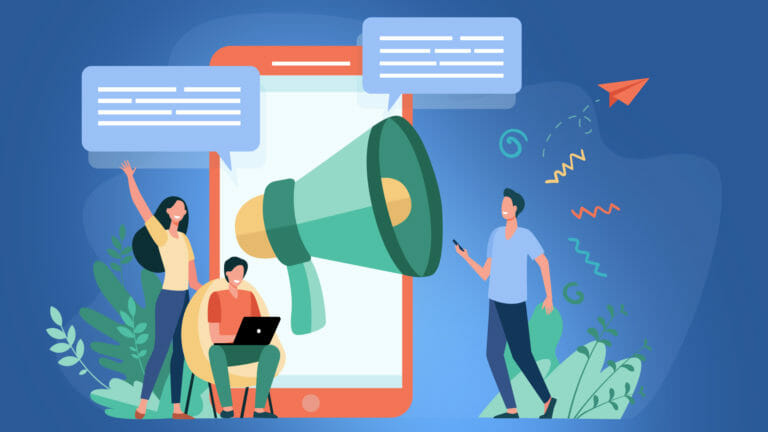Employees who spend time learning at work are:
- 47% less likely to be stressed
- 39% more likely to feel productive and successful
- 23% more ready to take on additional responsibilities
And 21% more likely to feel confident and happy!
Yet, creating corporate learning programs that drive business results is not easy. Only 25% of training programs measurably improve business performance, and 1 out of 3 employees say that uninspiring content is a barrier for learning.
What is gamification? Gamification is a strategy to overcome these challenges by making the stereotypically boring activity that is corporate learning more engaging, and even fun.
Driving corporate learning that incorporates gamification has become a popular choice among L&D professionals. It helps to address the ineffectiveness of existing or traditional training programs. A modern employee app like Actimo can become your main gamification platform, if you follow some important principles. Check them below!
Why do people like games?
According to Karl Kapp, an expert on games, learning, and technology, people like games because these provide a sense of mastery, enjoyment of overcoming a challenge, the thrill of winning, and the joy of exploring a game environment.
Gamified learning is powerful because it encourages, motivates, and engages learners. When a learner is engaged with a topic, with fellow colleagues, or with the content, learning is most effective.
However, to genuinely make a difference, gamification in education and training needs to follow a well-thought-out design process. Otherwise, it may lead to undesired behavior and disengagement.
What learning processes can be gamified?
- Personal and professional development
- Pre-boarding & Onboarding
- Sales training
- Leadership training
- Compliance training
- Team building and engagement activities
3 things to keep in mind to gamify corporate learning:
- Go for providing a sense of proficiency and achievement. People are driven by a sense of mastery and a feeling of accomplishment, not just by competition. Don’t expect your employees to jump into a corporate learning program just because you offer a prize or public praise.
- Incorporate emotion, surprise, humor, and stories into L&D content. This, to make lessons more fun and relatable to learners. People don’t like nor tend to memorize facts, but they tend to remember how things make them feel, and are more likely to retell stories they find interesting.
- Understand true game-like mechanisms. Examples include judging, arguing, voting, trading, guessing, contending with constraints, and engaging in roleplay. On the other hand, achievement boards, ratings, points, and badges are feedback tools, not always considered gamification mechanisms. These feedback tools alone don’t guarantee an exciting learning experience for your employees. Indeed, learning can be made engaging, regardless of the ranking place an employee gets.
Examples of gamified corporate learning
Perhaps you find inspiration in the following gamification examples where employee training is made awesome with game elements.
BoConcept
BoConcept uses blended learning and gamification to get new hires up to speed, and for continuous training throughout their employee journey. They have built most of their employee training onto their branded employee app powered by Actimo. On their platform, employees experience novelty in their L&D content, while having the ability to track their progression across their learning journeys. Plus, BoConcept employees can always see real-time personal stats at the top of their screen that motivates them to be 100% up-to-date.
BoConcept is a world-renowned Danish furniture retailer and designer.
Systel Business Equipment
Systel has been able to improve knowledge retention within their employee onboarding and sales training by partnering with Kahoot!, who is on a mission to make learning awesome.
Kevin Hoverman, Director of Managed Services & Business Solutions at Systel, details how they use Powerpoint and integrate kahoots to incorporate roleplay and music. These sensory game-like elements, particularly music, have been found to improve their workforce’s mood and even reinforce messages. Learn more.
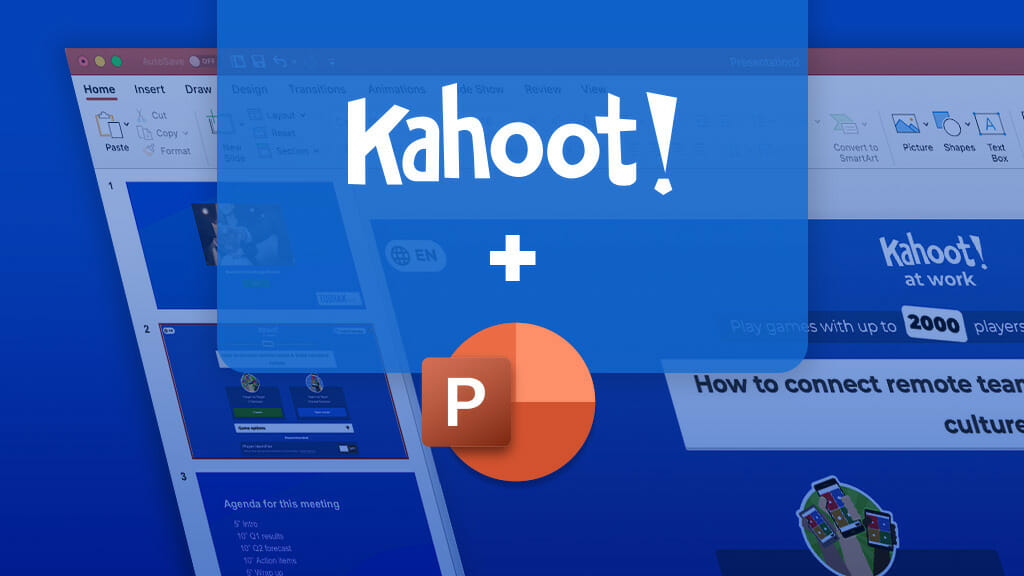
Systel Business Equipment is a leader within office equipment and solutions with 10+ locations across the US.
Ready-to-use learning courses
Click play below for a sneak peek into a Swipe Game that organizations can make accessible to employees on their Motimate mobile learning app.
This fun learning course, also known as a moti, is pre-fabricated and ready to use during June (Pride month) for all members of the Motimate community.
As with many motis, employees get a motivation boost from gamified elements like points for right answers, a scoreboard, background music, and limited time to guess the correct answer. Learn more about how Motimate is making corporate learning fun and easy.
EET
Growth and development at EET does not only include sales training courses and videos on their gamified employee app. They also incorporate gamification into the employee learning experience by encouraging best practice sharing across locations.
How so? EET posts videos of teams sharing real success stories to be replicated by others, and allows for employee socialization and feedback through “Likes” and comments. This has been rallying employees around the common mission of Sales Excellence, while promoting collaboration and cooperation to achieve said mission. Read more about EET’s employee engagement journey.
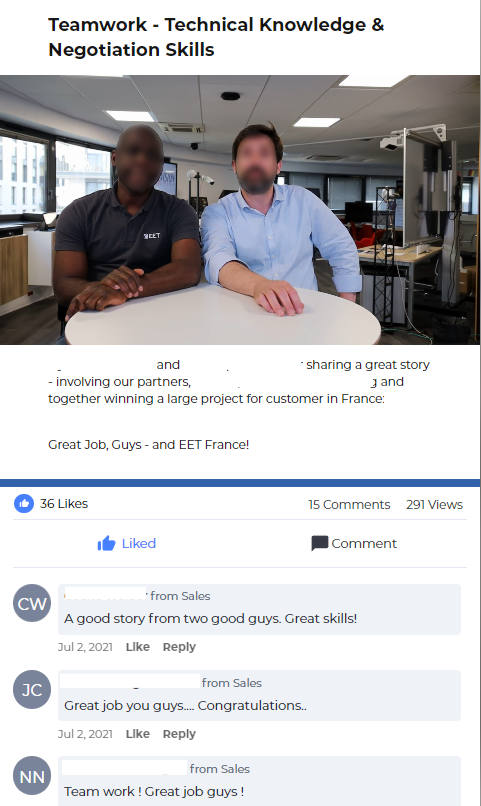
EET Group is a value-adding niche IT distributor operating in 24 markets across Europe.
A closer look at game-like elements
Dive into game taxonomy for a better understanding of the elements it makes sense to add or seek as a part of your organization’s employee learning experience.
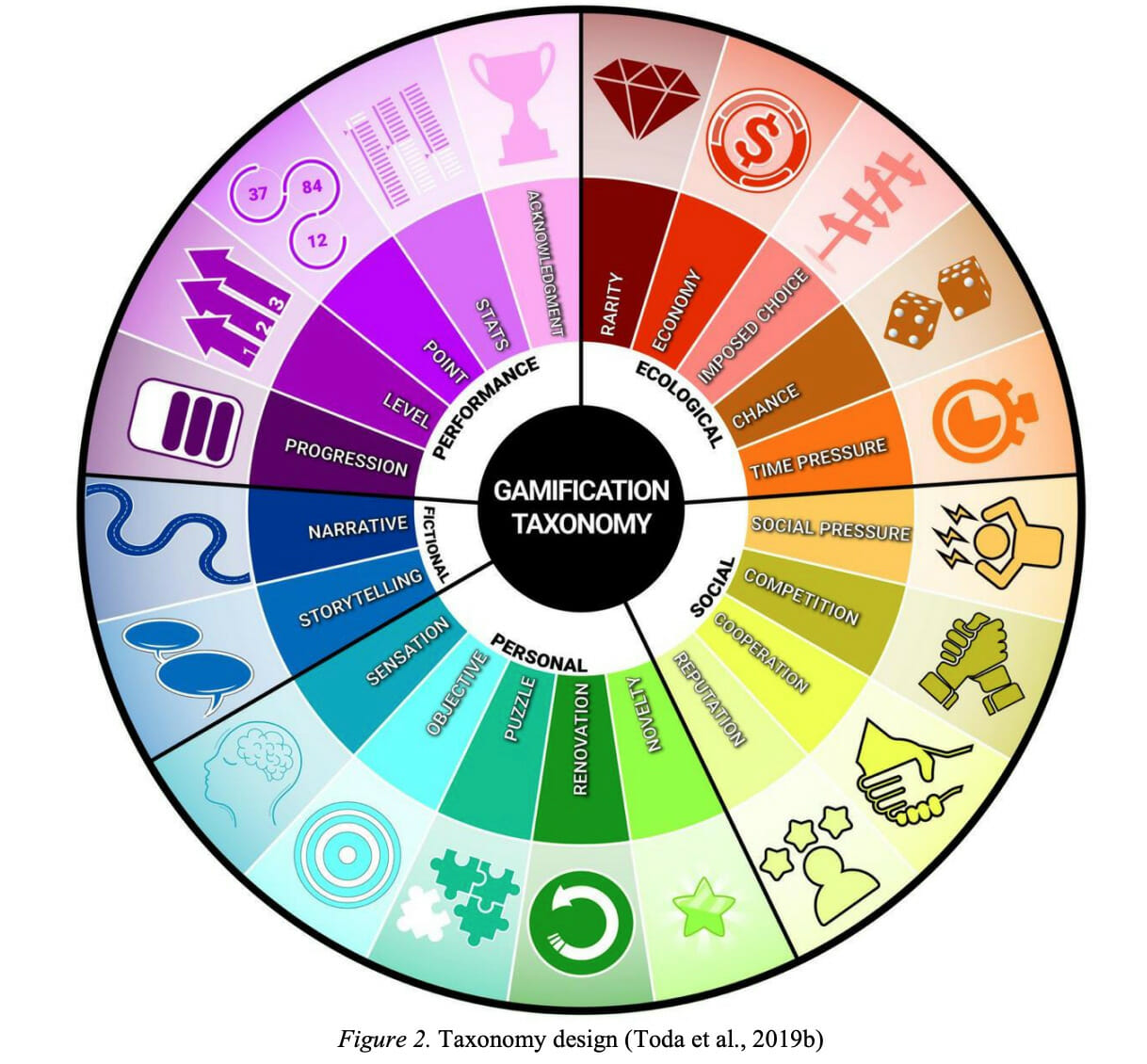
Game element |
Description |
Example |
| Acknowledgment | Type of feedback that praises specific actions. | Badges, medals, trophies for answering several questions in a row or by fulfilling the daily challenge faster than colleagues. |
| Chance | Random properties that increase or decrease the odds of certain events. | Dice or random generated number that increases/decreases employee’s points, moves them to the next level, gives away their points to another player, assigns employee a new game title i.e. “Queen of Awesomeness” etc. |
| Economy | Transactions within the game, monetizing game values. | “Items” related to work that players can “buy” within the game. Think of “nice to have” not “must-have”. “Goods” may include:
|
| Imposed Choice | Decisions that the player needs to make to advance the game. | Make the players choose between reading learning material vs watching a video, and later answer a quiz. |
| Level | Game layers, a way for participants to gain new
advantages during the experience. |
Apply skill or character levels as players are engaging with the game. Make it easy to share the achievement on internal communication platform or social media. |
| Novelty | New information presented to the player all the time. | Don’t try to explain all the perks and features from the beginning, balance the flow to surprise your employees. |
| Sensation | Use of players’ senses to create new experiences. | Great tip to create consistent experience. Apply the same sound/visual when the employee performs a repeating action. For example the same visuals for right/ wrong answers. |
These elements are not all-inclusive; others can also make the learning experience at your company more fun. Seek to gamify corporate learning programs for increased employee engagement.
Go on, game on!
–
With Actimo, you don’t need experience in coding or design to bring your training content to life. Gamify learning, set up engaging learning material in minutes and ensure it reaches the right people immediately. Employee training is gamified and can include videos, images, text, and more.
Actimo is a Kahoot! company, on a mission to make corporate learning awesome. Take a tour of Actimo, the 360° employee app, today.

